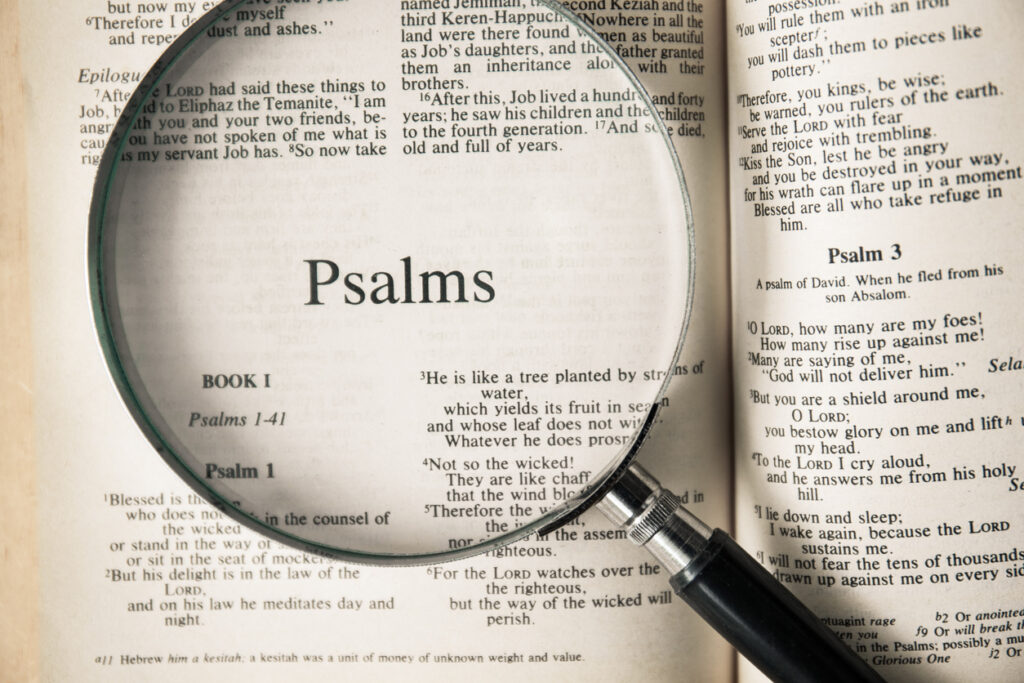This psalm begins the "Leviticus Book" of psalms, so it is appropriate that this (and the following ten psalms) should be composed by a Levitical priest. Its author, Asaph, decries the wrong in the world and the suffering of his people. In fact, Asaph seems downright depressed! But one key verse in this psalm provides us with the solution to his bleak outlook on the world - and it is also the key to our own foul moods. Come along for a tour of an inspiring psalm that will lift your spirits.
Psalm 72 concludes the second "book" of Psalms - the "Exodus Book", and it was written for Solomon, the son of David. But this psalm also seems to foreshadow the great Son of David, Messiah. But how can we be sure? Can we know the true identity of the Messiah? Believe it or not (and I hope you do believe it!), the Messiah's name and title are actually encoded into the letters of verse 5. Join us on a journey through this truly astounding and glorious description of Messiah's coming Kingdom.



